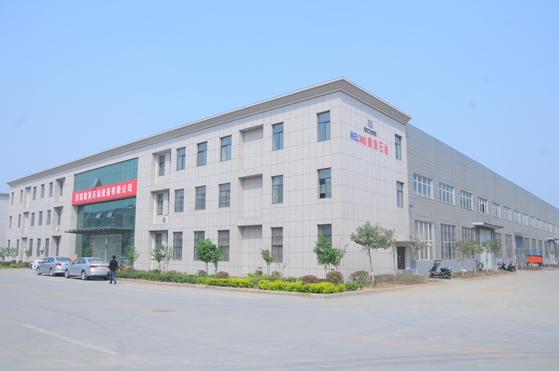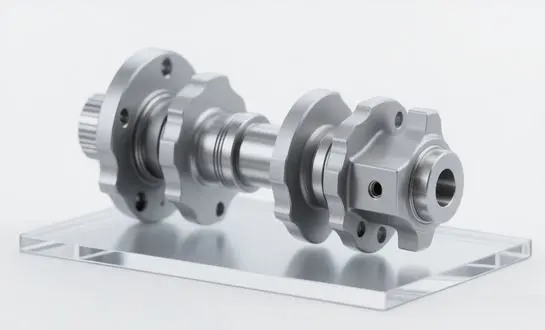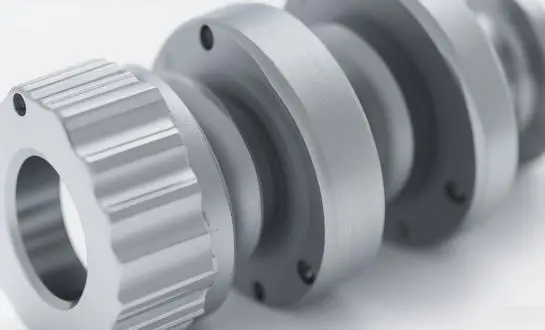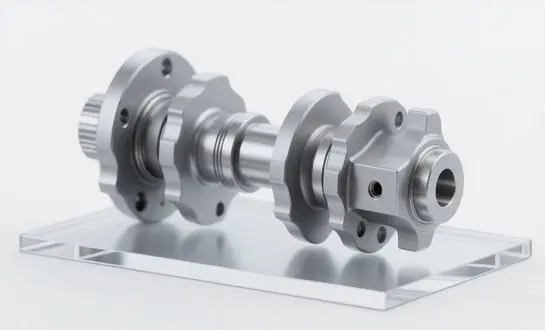Material Quality: Impact on Roll Durability and Price
Rolling mill rolls are both expensive and highly effective depending on the quality of the materials used to make them. Although they are more expensive initially, high-quality materials last much longer and are less likely to wear out quickly.
Alloy Composition and Its Effect on Roll Performance
The cost and quality of rolling mill rolls rely a lot on the kind of alloy they are made of. Adding chromium, nickel, and molybdenum to an advanced alloy may make it harder, more resistant to wear, and more stable at high temperatures. These particular compositions may justify their greater initial cost by greatly extending the life and performance of rolls, which means they don't need to be replaced as often.
Heat Treatment Processes and Their Impact on Pricing
To get the most out of the mechanical properties of rolls used in rolling mills, complicated heat treatment methods are sometimes applied. Some methods that can make a material much harder and more durable include nitriding, tempering, and quenching. These treatments do make the cost of production higher, but the rolls that come out of them are better able to handle tough circumstances and stay the same size for longer. Investing in superior heat treatment frequently means that the rolled goods will last longer and be more consistent.
Production Techniques: How Manufacturing Methods Influence Costs?
The manufacturing process of rolling mill rolls is a complex endeavor that requires precision engineering and advanced technologies. The chosen production method can significantly impact the final cost of the rolls.
Casting vs. Forging: A Cost-Benefit Analysis
Two primary methods for producing rolling mill rolls are casting and forging, each with its own cost implications and performance characteristics. Cast rolls are generally less expensive to produce but may have limitations in terms of internal structure uniformity and overall strength. Forged rolls, while more costly to manufacture, offer superior mechanical properties and homogeneity. The choice between cast and forged rolls often depends on the specific application requirements and the desired balance between initial cost and long-term performance.
Precision Machining and Surface Finishing Techniques
After the initial forming process, rolling mill rolls undergo extensive machining and finishing operations to achieve the required dimensional accuracy and surface quality. Advanced CNC machining centers and specialized grinding equipment are employed to create precise roll profiles and surface finishes. The level of precision required and the complexity of the roll geometry directly influence the manufacturing cost. Additionally, surface treatments such as chrome plating or texturing may be applied to enhance wear resistance or impart specific surface characteristics to the rolled products, further adding to the overall cost.
Market Demand: Understanding Price Fluctuations in Mill Rolls
The pricing of rolling mill rolls is not solely determined by production factors; market dynamics play a significant role in shaping costs and availability.
Global Supply Chain Influences on Roll Pricing
Global economic changes and volatility in the supply chain impact the rolling mill roll industry. Roll prices may fluctuate widely due to factors including energy costs, shipping expenditures, and the availability of raw materials. Increases in production costs are often passed on to consumers as a result of events like as shortages in essential alloying ingredients or unexpected increases in energy prices. The supply and price of rolls from various suppliers throughout the world may also be affected by political events and trade legislation.
Technological Advancements and Their Effect on Roll Costs
The rolling mill roll market is always being impacted by the results of metallurgy and manufacturing technology research and development efforts. Scientific breakthroughs in materials science, including improved surface coatings or nano-structured alloys, may provide rollers with outstanding performance qualities. These state-of-the-art technologies may seem expensive at first, but they usually end up saving a tonne of money and making a huge difference in the long run via greater production. Incorporating emerging technology into roll manufacturing processes has the ability to bring forth future solutions that are more cost-effective when these technologies gain traction.
Conclusion
A number of factors, including material quality, manufacturing methods, and market forces, interact to determine the price of rolling mill rolls. In order to make educated judgements about investing in these vital components, it is crucial to understand these considerations. Despite the higher initial investment, high-quality rolls usually end up saving money because to their superior performance and longevity. Consider your operation's specific requirements in light of the various cost factors in order to maximise the return on investment (ROI) in rolling mill rolls and enhance production efficiency.
Call to Action
Welong understands the significance of producing top-notch rolling mill rolls for the metal processing industry. Our advanced production facilities and considerable expertise in making high-performance rolls allow us to offer high-quality goods that can withstand current rolling machines. We take pleasure in our ability to customise solutions for each client.
Our dedication to quality and the fact that our goods are up to par with industry requirements are shown by our ISO 9001:2015 and API 7-1 certifications. To guarantee that every roll that leaves our facility is of the greatest quality, we use state-of-the-art testing procedures including dynamic balancing and ultrasonic testing.
Whether you need rolls for hot rolling, cold rolling, or any other specialised usage, Welong has the experience and resources to meet your expectations. As a result of our state-of-the-art grinding equipment and 5-meter CNC vertical lathes, we are able to produce rolls with exceptional surface quality and dimensional accuracy.
Save yourself the trouble of dealing with inefficient rolling mill rollers.If you want to know how our long-lasting, high-quality rolls may help your metal processing and make you more money, get in contact with Welong right now. Because you have different demands and a limited budget, our experienced team is ready to design a custom solution specifically for you.
For more information or to discuss your rolling mill roll needs, please reach out to us at oiltools15@welongpost.com. Let Welong be your partner in achieving excellence in metal processing.





